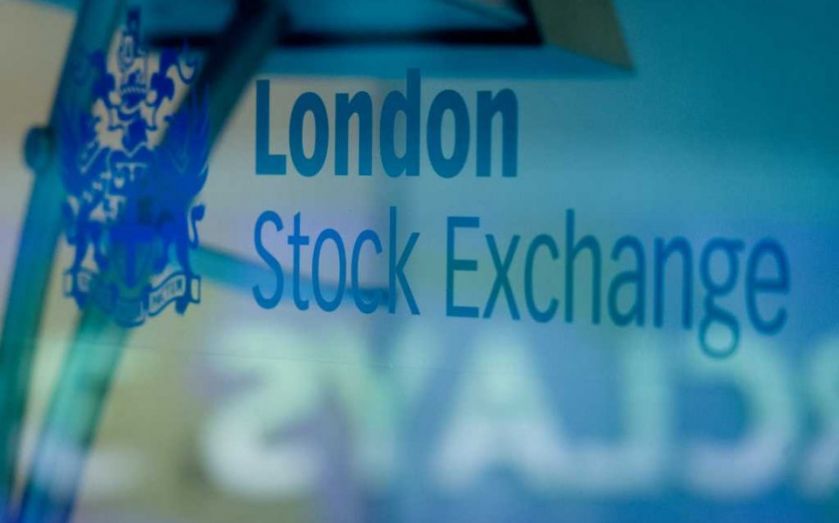FTSE stripped of £2.7bn by strong sterling

The FTSE 350 was hit hard by the high pound in 2014, losing in excess of £2.7bn in sales, according to new analysis.
For companies on the index with full year results with year ends up to the end of September, annual revenues on a like-for-like basis were down 1.7 per cent on the same period a year earlier. The total revenue for the period was £111.8bn, down from £113.7bn the year before. Without sterling’s boom, it is likely there would have been growth.
The main cause, according to the Share Centre, which conducts the analysis on an annual basis.
FTSE 100 takes the biggest hit
The biggest hits were taken by large, international firms, which meant FTSE 100 companies took the brunt of sterling’s strength:
Larger scale, internationally focused firms reporting felt the largest impact. The biggest revenue falls were a 6 per cent drop at Imperial Tobacco (£892m), an 8 per cent drop at Thomas Cook, worth £727m, a 3 per cent drop at Compass group (£500m), and a decline of 3 per cent (£373m) at Associated British Foods. As a result, FTSE 100 firms saw revenues fall 2.1 per cent on a like for like basis, compared to a 0.7 per cent fall among FTSE 250 firms.
Profits provide some better news
The report also revealed that profit before tax jumped by over a fifth – 20.8 per cent – but only because of write-downs and exceptional items. Still, the rise was to the combined tune of £8.1bn and shows the flexibility of companies trying to overcome foreign exchange adversity.
What of 2015?
Helal Miah, investment research analyst at The Share Centre, saw better news for the year ahead:
UK plc has struggled to move up a gear, despite the domestic economy growing at its fastest annual pace since 2007 last year. Lacklustre growth on a global scale has weighed on sales, while the strength of the sterling acted as an albatross around the neck of the FTSE 100’s largest companies.
That said, companies exposed to the UK consumer have bucked the general trend, with low inflation boosting discretionary spending.
The year ahead looks rather different to the year behind us. The strengthening of the dollar against the pound will add to the UK’s bottom line, improving the fortunes of exporters and those with the greatest international exposure, although the weak euro will continue to act as a drag.
Oil prices have halved, and while this will be a challenge for commodity firms, lower fuel and energy costs will boost the profitability of many UK companies and turbocharge consumers’ spending.
With this in mind, the outlook for earnings is broadly positive, but we anticipate that domestically orientated companies will continue to outperform.